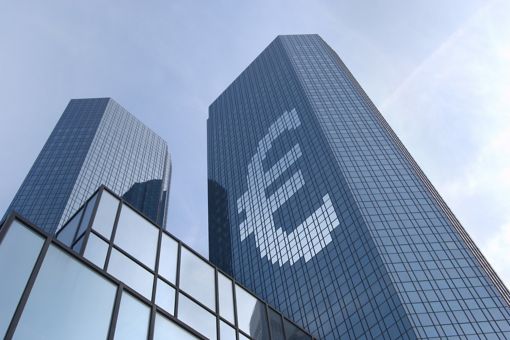The Money Laundering Act obliges certain economic operators to take precautions to prevent money laundering and terrorist financing.
In addition to financial service providers, companies from the non-financial sector are also affected by these regulations. Goods traders are now facing far-reaching changes as a result of a European legislative initiative.
Cash as a risk factor
According to a study by the Deutsche Bundesbank, cash is still the most frequently used means of payment in Germany, accounting for 58 percent of all payments.
The Financial Action Task Force (FATF) describes cash as the "raw material of the criminal machine" and dedicated a comprehensive report to money laundering through cash back in 2015. According to this report, money launderers regularly use cash to disguise their activities even if the origin of the incriminated funds is purely digital, for example if they were generated through transaction fraud.
The use of cash therefore represents an increased risk, which has so far been insufficiently addressed in the non-financial sector.
Upper limit for cash payments
This is where the European Union comes in. The Money Laundering Regulation was adopted by the Council of the European Union on May 30, 2024 as part of a comprehensive legislative package. It introduces a uniform EU-wide upper limit of 10,000 euros for cash payments in the commercial trade of goods. Member states may set more restrictive upper limits in deviation from this. Upper limits already exist in 18 member states - for example 500 euros in Greece, 1,000 euros in Spain and 5,000 euros in Italy. These continue to apply as long as they do not exceed the new EU upper limit.
Limitation of the group of obligated parties
As a consequence of the cash cap, goods traders will be largely excluded from the scope of application of money laundering law from July 10, 2027. According to the regulation, only the following goods traders will be obliged entities within the meaning of money laundering law:
- Dealers in precious stones and precious metals,
- Dealers in luxury goods (watches worth more than 10,000 euros, motor vehicles worth more than 250,000 euros and aircraft and watercraft worth more than 7.5 million euros each),
- Dealers and brokers of cultural goods (e.g. archaeological objects, paintings and antiques) with a value of at least 10,000 euros and
- Traders, brokers and warehouse keepers of luxury goods located in free trade zones or bonded warehouses and cultural goods with a value of at least EUR 10,000.
Barbara Scheben
Partner, Audit, Regulatory Advisory, Head of Forensic, Head of Data Protection
KPMG AG Wirtschaftsprüfungsgesellschaft
Niclas-Andreas Müller
Director, Audit, Regulatory Advisory, Forensic
KPMG in Ireland
The new requirements at a glance
The regulation stipulates that, in addition to their customers, obliged goods traders must also subject their suppliers to customer due diligence obligations in future. When establishing a new business relationship with a supplier and for certain transactions outside of a business relationship, the supplier and its beneficial owner must be identified and the business relationship, including transactions, must be continuously monitored. The basis for this is a supplier-specific risk assessment. The due diligence obligations must also be repeated at risk-appropriate intervals on an ad hoc and ad hoc basis.
The expansion of the regulatory obligations thus brings money laundering prevention a step closer to overall third-party risk management.
Outlook and need for action
The regulation comes into force on July 10, 2027 and applies directly in all EU member states. Obligated parties should familiarize themselves with the new regulations at an early stage. An audit of suppliers under anti-money laundering law should consequently also lead to them being taken into account as part of the company-wide risk analysis and when setting up (group-wide) internal security measures.
It may make sense to take a broader view and to promote the interlinking of money laundering prevention with other risk areas, such as the Supply Chain Due Diligence Act. This can eliminate process redundancies, reduce costs and free up resources for value-adding activities.
The experts at KPMG will be happy to answer any questions you may have about money laundering prevention.




